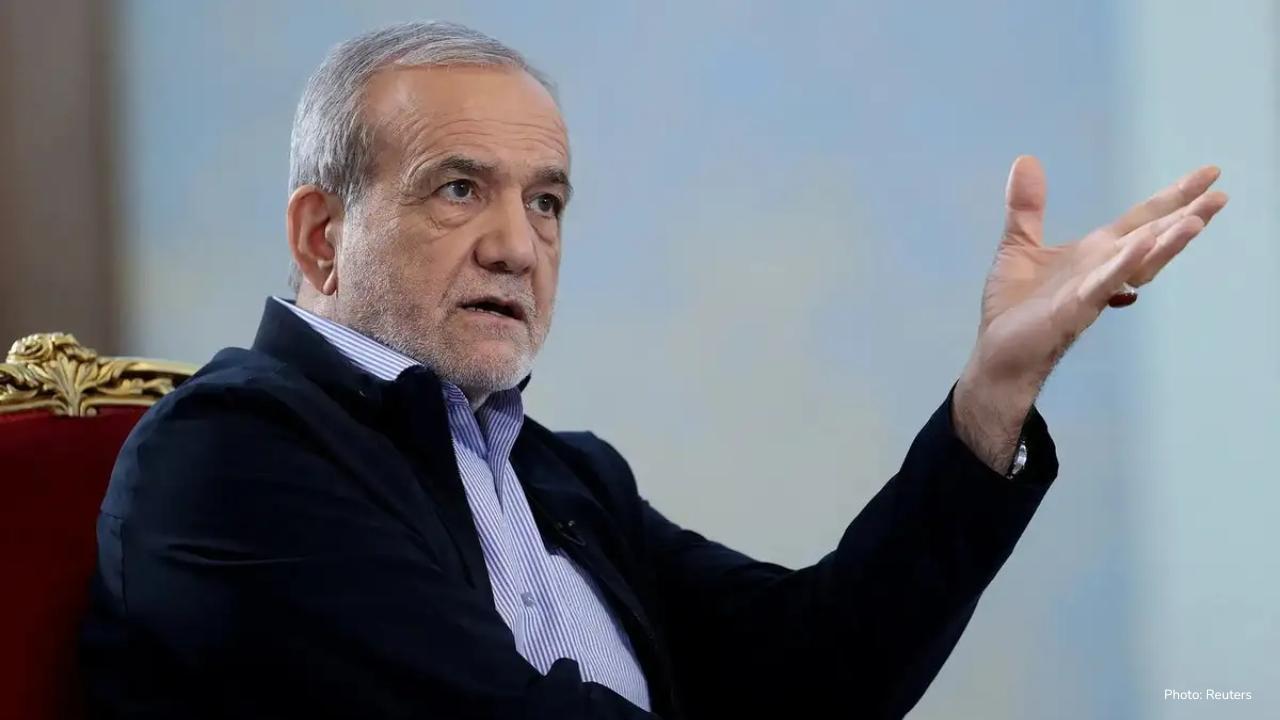
Post by : Monika
At the United Nations General Assembly on September 24, 2025, Iranian President Masoud Pezeshkian addressed the international community, firmly stating that Iran has never sought and will never seek to build nuclear weapons.
His remarks come at a time of heightened tensions and the looming possibility of reimposed United Nations sanctions due to Iran's alleged non-compliance with the 2015 nuclear agreement.
Iran's Stance on Nuclear Weapons
President Pezeshkian emphasized that Iran's nuclear program is solely for peaceful purposes, such as energy production and medical research. He criticized the actions of Britain, France, and Germany—the E3 countries—for triggering a 30-day process to reimpose sanctions, labeling their move as "illegal" and influenced by U.S. pressure. These nations had initiated the process after alleging Iran's non-compliance with the Joint Comprehensive Plan of Action (JCPOA), commonly known as the Iran nuclear deal.
Potential Reimposition of Sanctions
The E3's actions have set in motion a mechanism that could lead to the reimposition of all U.N. sanctions on Iran, including bans on arms sales and restrictions on uranium enrichment. These sanctions were lifted under the 2015 nuclear deal in exchange for Iran agreeing to limit its nuclear activities. If no agreement is reached by the September 27 deadline, these sanctions could be reinstated.
Iran's Response to Sanctions Threat
Despite the looming threat of sanctions, President Pezeshkian expressed confidence in Iran's ability to overcome any challenges. He stated that the Iranian people possess the intelligence and determination to counter any obstacles, including previous attacks on Iran's nuclear facilities. This sentiment reflects Iran's resilience and commitment to its nuclear program.
Diplomatic Efforts and Challenges
While Iran has expressed willingness to engage in dialogue, significant gaps remain between Tehran and the E3 countries. Iran's Supreme Leader, Ayatollah Ali Khamenei, has ruled out negotiations with the United States under threat, emphasizing that such talks would not be in Tehran's interests. This stance complicates efforts to resume meaningful negotiations and resolve the ongoing dispute.
International Perspectives
The international community remains divided on the issue. The United States, along with its European allies, maintains that Iran's nuclear program poses a threat to global security and has called for stringent measures to prevent Iran from developing nuclear weapons. Conversely, Russia and China have expressed support for Iran's right to pursue peaceful nuclear energy and have opposed the reimposition of sanctions.
The Path Forward
As the September 27 deadline approaches, the prospects for a diplomatic resolution remain uncertain. The E3 countries have offered to delay sanctions for six months if Iran resumes cooperation with U.N. nuclear inspectors and agrees to renewed talks. However, Iran has yet to indicate a willingness to meet these conditions.
The coming days will be crucial in determining whether diplomacy can prevail over escalating tensions. The international community continues to monitor the situation closely, hoping for a peaceful resolution that ensures regional stability and prevents the proliferation of nuclear weapons.
At the United Nations General Assembly on September 24, 2025, Iranian President Masoud Pezeshkian addressed the international community, firmly stating that Iran has never sought and will never seek to build nuclear weapons. His remarks come at a time of heightened tensions and the looming possibility of reimposed United Nations sanctions due to Iran's alleged non-compliance with the 2015 nuclear agreement.
Iran's Stance on Nuclear Weapons
President Pezeshkian emphasized that Iran's nuclear program is solely for peaceful purposes, such as energy production and medical research. He criticized the actions of Britain, France, and Germany—the E3 countries—for triggering a 30-day process to reimpose sanctions, labeling their move as "illegal" and influenced by U.S. pressure. These nations had initiated the process after alleging Iran's non-compliance with the Joint Comprehensive Plan of Action (JCPOA), commonly known as the Iran nuclear deal.
Potential Reimposition of Sanctions
The E3's actions have set in motion a mechanism that could lead to the reimposition of all U.N. sanctions on Iran, including bans on arms sales and restrictions on uranium enrichment. These sanctions were lifted under the 2015 nuclear deal in exchange for Iran agreeing to limit its nuclear activities. If no agreement is reached by the September 27 deadline, these sanctions could be reinstated.
Iran's Response to Sanctions Threat
Despite the looming threat of sanctions, President Pezeshkian expressed confidence in Iran's ability to overcome any challenges. He stated that the Iranian people possess the intelligence and determination to counter any obstacles, including previous attacks on Iran's nuclear facilities. This sentiment reflects Iran's resilience and commitment to its nuclear program.
Diplomatic Efforts and Challenges
While Iran has expressed willingness to engage in dialogue, significant gaps remain between Tehran and the E3 countries. Iran's Supreme Leader, Ayatollah Ali Khamenei, has ruled out negotiations with the United States under threat, emphasizing that such talks would not be in Tehran's interests. This stance complicates efforts to resume meaningful negotiations and resolve the ongoing dispute.
International Perspectives
The international community remains divided on the issue. The United States, along with its European allies, maintains that Iran's nuclear program poses a threat to global security and has called for stringent measures to prevent Iran from developing nuclear weapons. Conversely, Russia and China have expressed support for Iran's right to pursue peaceful nuclear energy and have opposed the reimposition of sanctions.
The Path Forward
As the September 27 deadline approaches, the prospects for a diplomatic resolution remain uncertain. The E3 countries have offered to delay sanctions for six months if Iran resumes cooperation with U.N. nuclear inspectors and agrees to renewed talks. However, Iran has yet to indicate a willingness to meet these conditions.
The coming days will be crucial in determining whether diplomacy can prevail over escalating tensions. The international community continues to monitor the situation closely, hoping for a peaceful resolution that ensures regional stability and prevents the proliferation of nuclear weapons.
Iran nuclear program


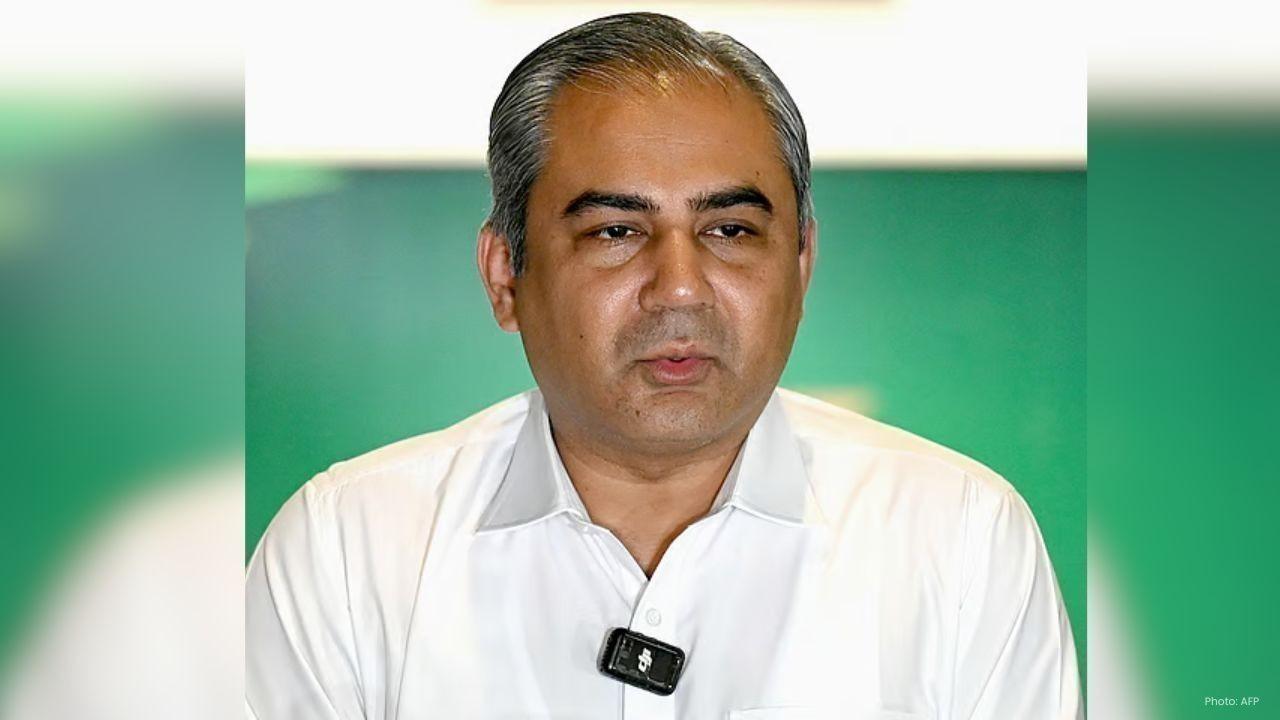
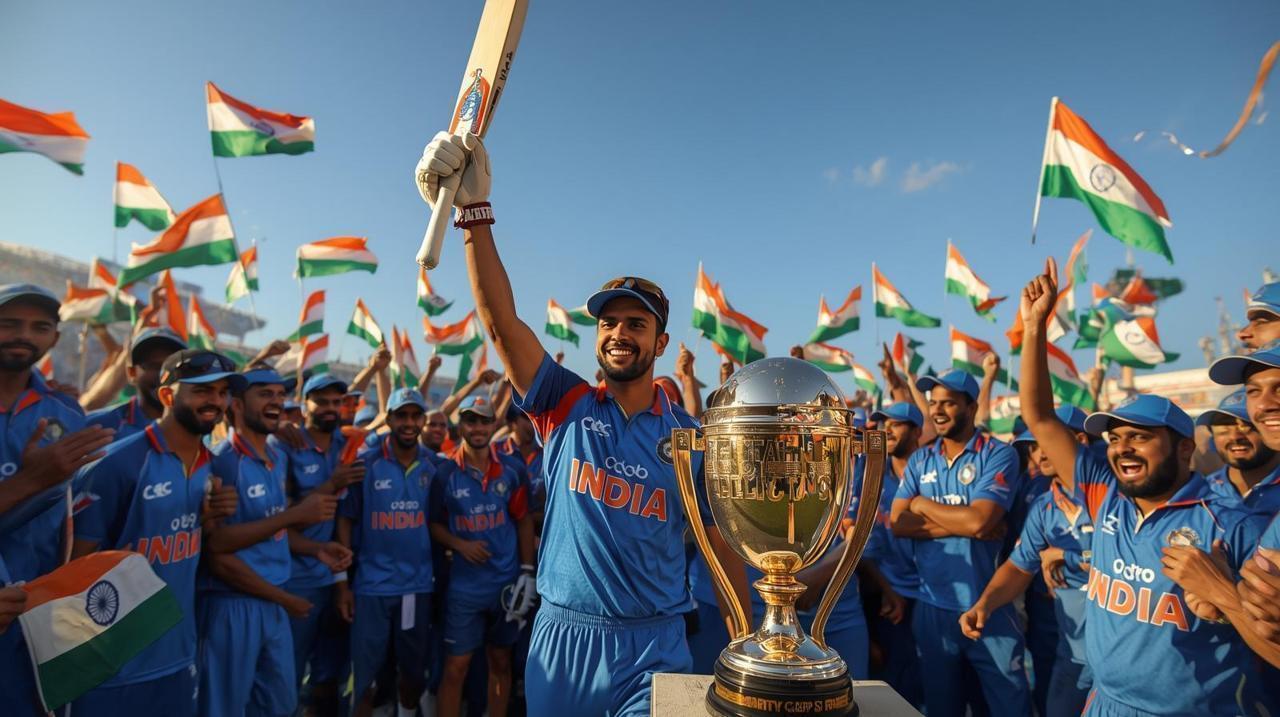
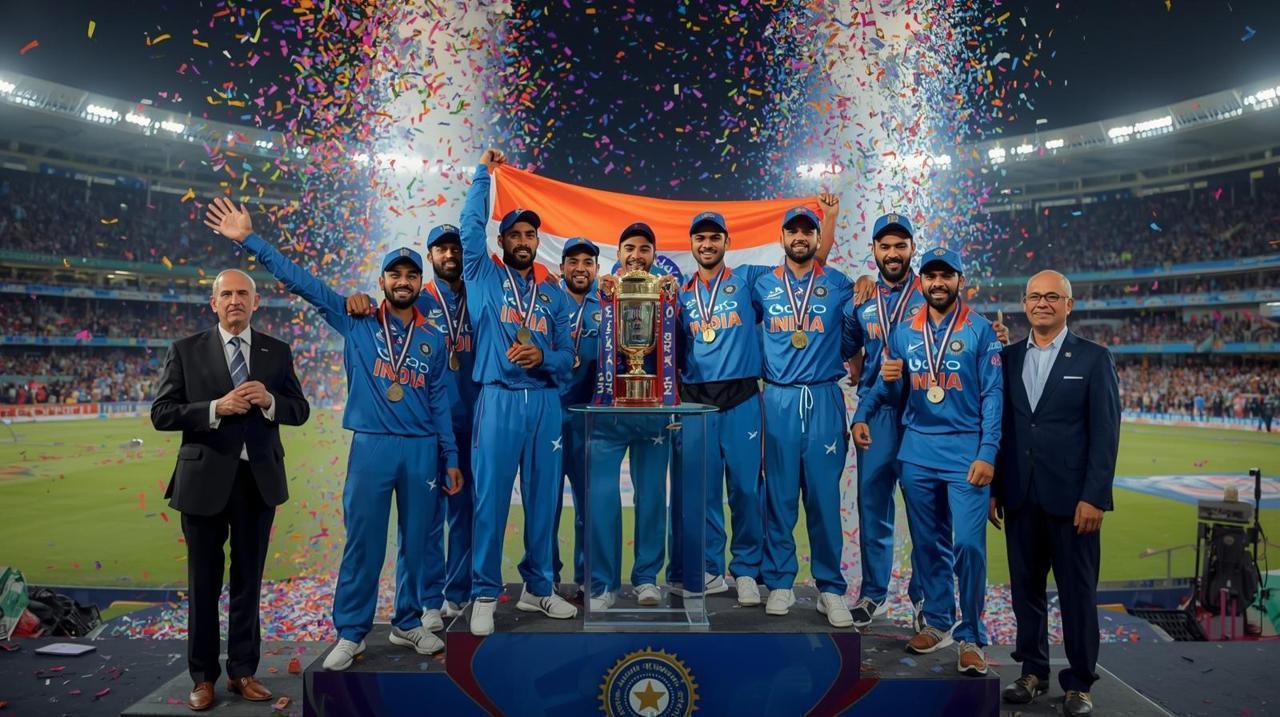

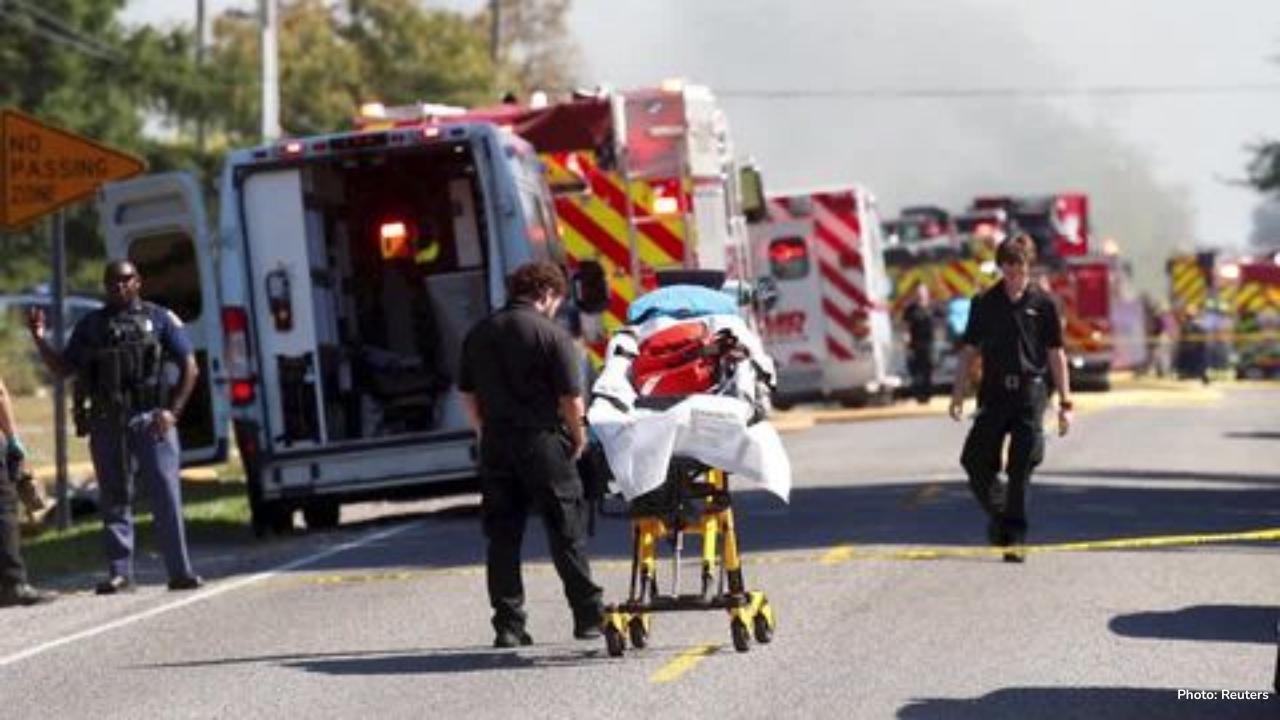
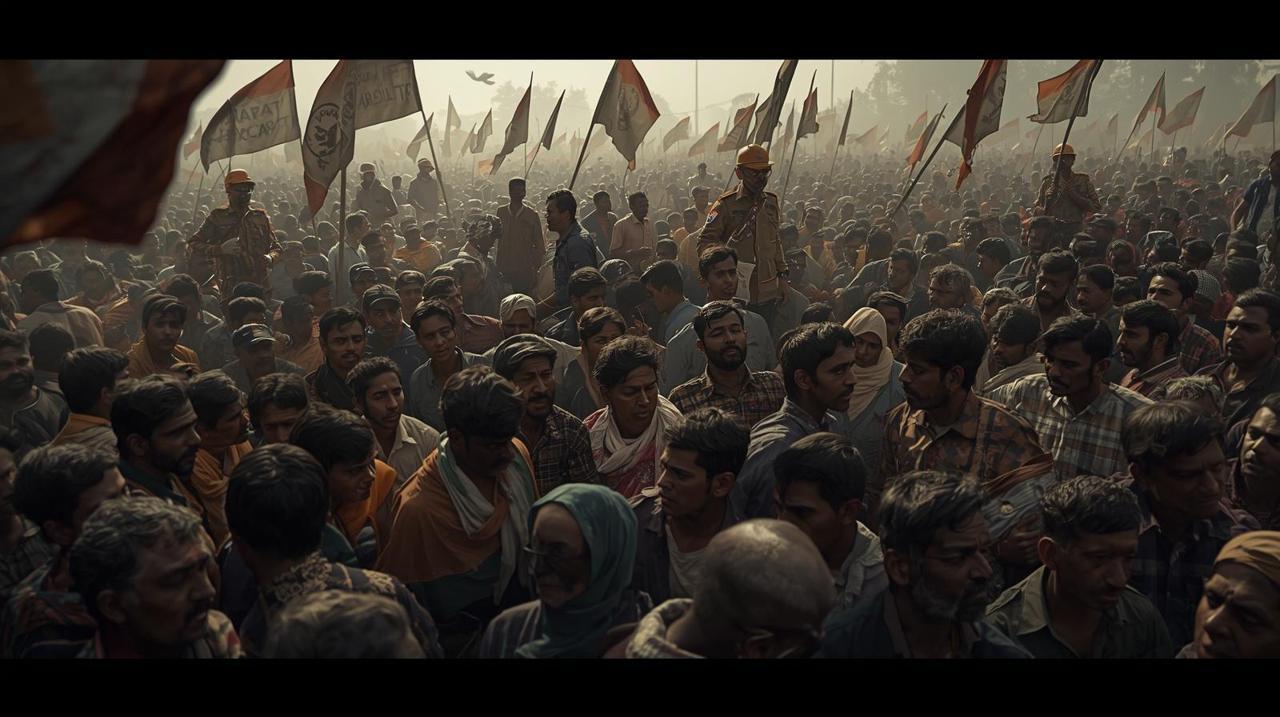
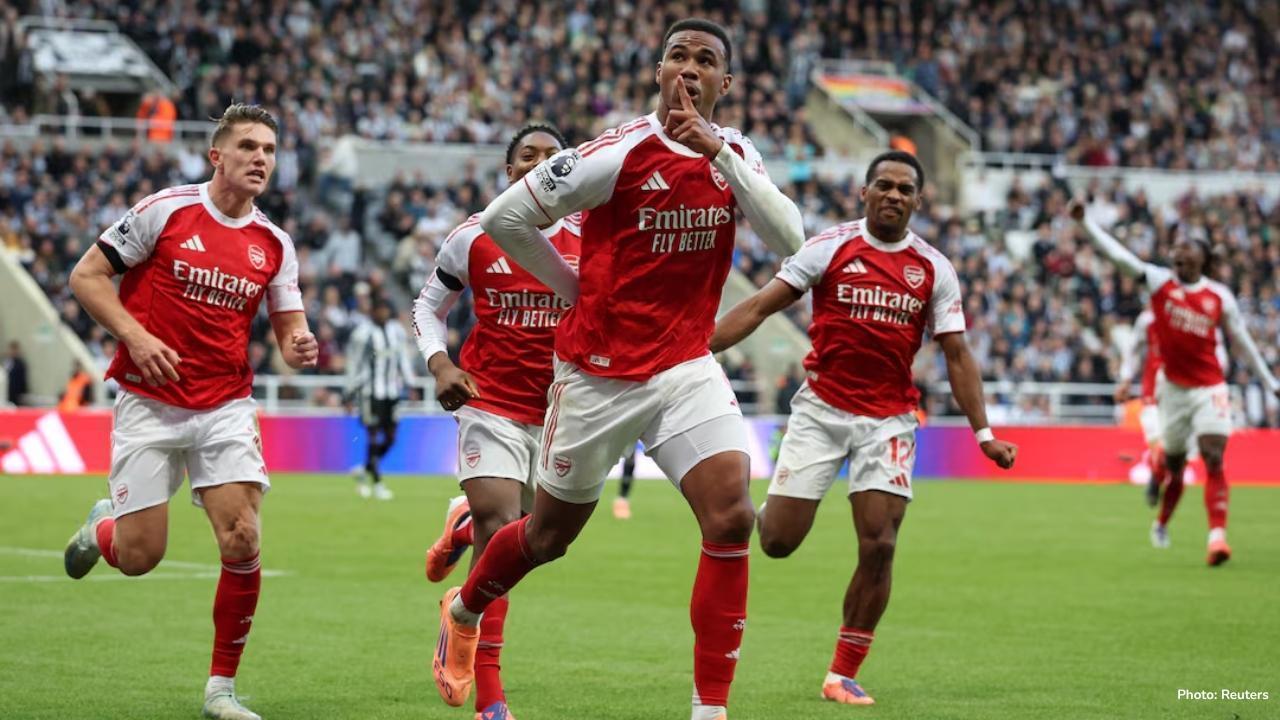

Sinner & Swiatek Shine at China Open: Semifinal Spots Secured
Jannik Sinner and Iga Swiatek advance to the semifinals at the China Open. Read about their victori

Michigan church attack kills 4, injures 8 in shocking violence
A gunman drove into a Michigan church, fired shots, set fire, killing 4 and injuring 8 before police

Moldova’s Pro-EU Party Secures Majority in Key Vote
Moldova’s pro-European PAS wins a strong majority in the parliamentary election, weakening pro-Russi

Gabriel’s late header gives Arsenal 2-1 win at Newcastle
Arsenal snatch dramatic 2-1 win at Newcastle as Gabriel heads the winner in stoppage time; Merino eq
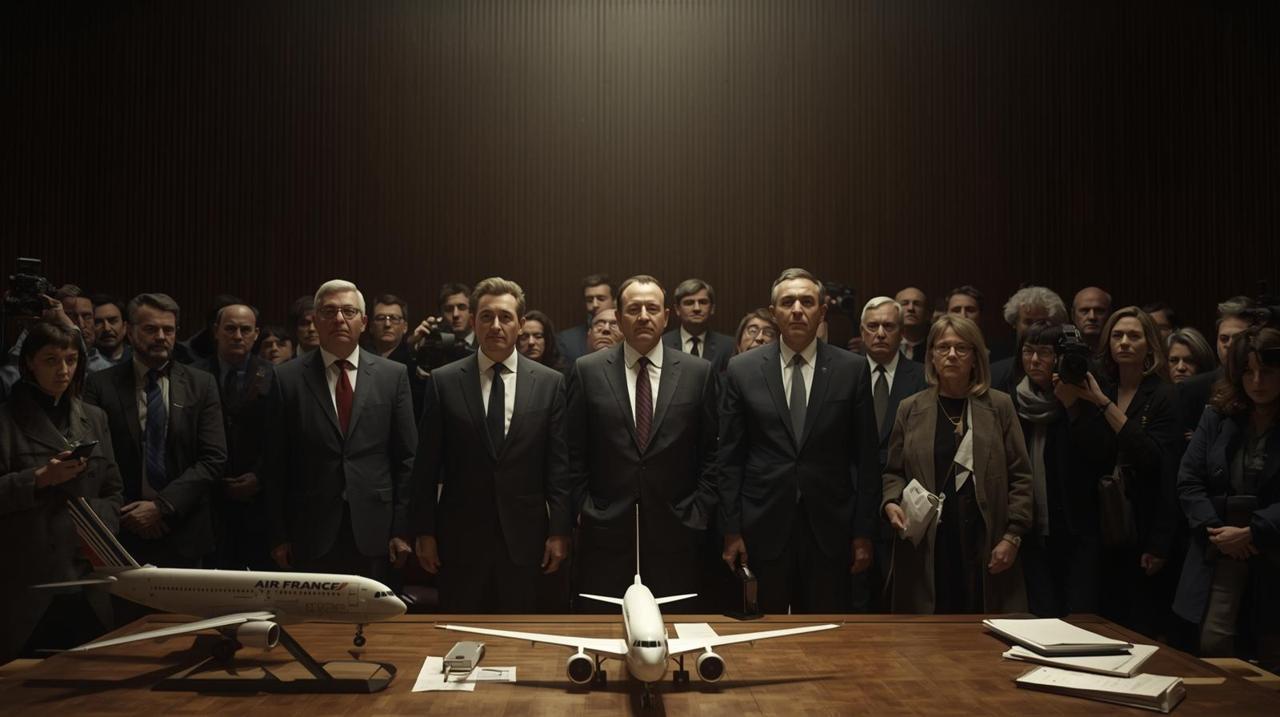
Air France Flight 447 Trial Opens 16 Years After Tragic Crash
Sixteen years after the Air France Flight 447 crash, a trial opens against Air France and Airbus. Le
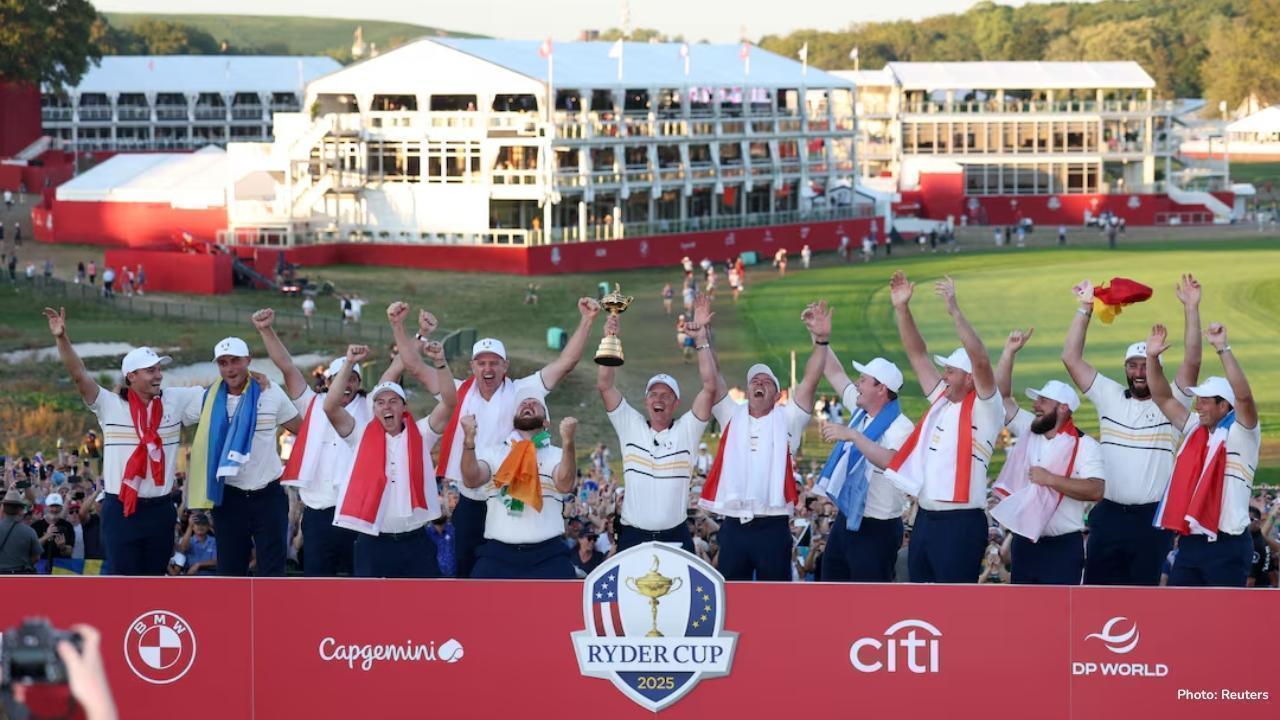
Europe close to Ryder Cup win after strong weekend play
Team Europe is on the verge of winning the Ryder Cup, showing great form in Italy and needing only a